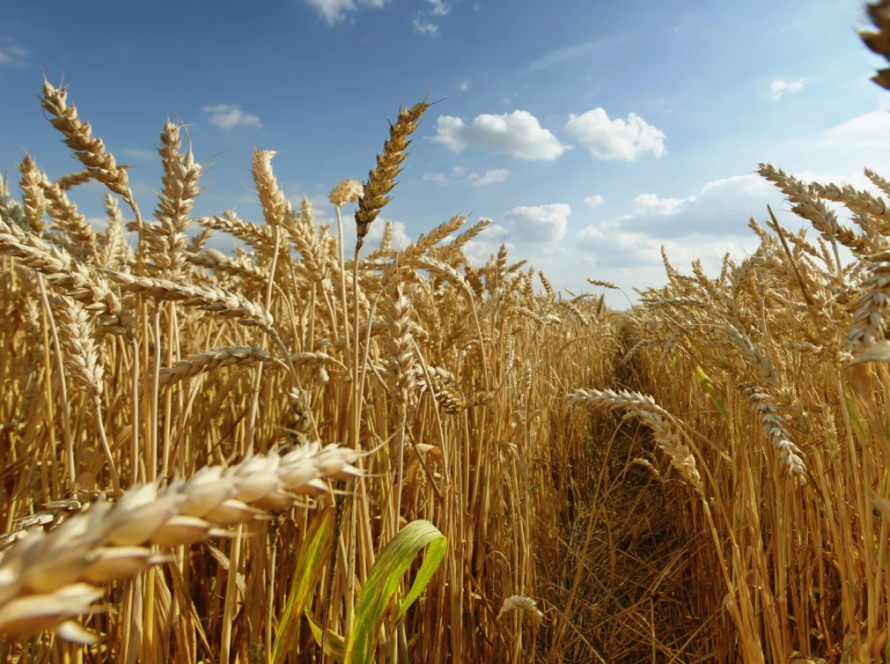SO far this season, Zimbabwe’s farmers have harvested 2,3 million tonnes of maize, guaranteeing a surplus, although harvesting continues as the full crop is gathered in. Zimbabwe needs around 2,2 million tonnes of maize a year, both for family and consumption of the farmers who grow it and for the rest of the country, which comes out of the grain sold by farmers, almost all to the Grain Marketing Board.
Following the large surplus harvest in 2021, when eventually 2,7 million tonnes was brought in by the farmers and giving a surplus for carryover stocks of more than 500 000 tonnes, there was a deficit harvest last year of 1,7 million tonnes, largely the result of a long dry spell during the critical middle of the season.
However, the large carryover stocks from 2021 meant that there was more than enough maize to meet needs and still generate carryover stocks of 300 000 tonnes. The harvest already gathered now guarantees there will be carryover stocks for next season.
The jump in the harvest is so far 58 percent but farmers are expected to bring in more as they clean their fields. The need to dry the cobs and then shell the grain means there is a delay in delivery of grain to the GMB, hence stressing the need for carryover stocks. Speaking at a field day at Chibero Agricultural College recently, Ministry of Lands, Agriculture, Fisheries, Water and Rural Development Permanent Secretary Dr John Basera said the country has produced bumper harvests of maize and traditional grains, adding that the Government is determined to transform agricultural systems.
Dr Basera urged the nation to implement the Pfumvudza programme seriously, adding that the country’s agricultural system is vulnerable to climate change.
Climate change is affecting our country so we need to adapt to the effects of climate change and vulnerabilities. Pfumvudza is the way to go. When we started to implement Pfumvudza, our productivity levels started to increase from 0,5 tonnes per hectare to 1,4 tonnes per hectare,”
DR BASERA
Under wheat farming, farmers have also managed to achieve 86 000 hectares which is the first time in the history of Zimbabwe and they are expecting 420 000 tonnes against an annual requirement of 360 000 tonnes.
Dr Basera also encouraged agricultural colleges to adopt Pfumvudza so that it will be replicated across all areas in the country.
He applauded Chibero agricultural college for providing innovation skills, industrialising and transforming the agricultural sector
“I note that the college has built solar-powered pumps complemented by storage tanks for continuous supply to fish ponds for fish farming activities and horticulture enterprises enabling these income-generating activities to function independently of intermittent power cuts. This demonstrates the sustainability of the ongoing projects being implemented by the college. The sustainability of these enterprises has increased the resilience of food production systems at the college,” he said.
Dr Basera said agricultural colleges should mould graduates that ensure farm profitability through the value addition of horticultural produce, adding that value addition not only increases profit but increases the shelf life of food products.
Several agricultural projects being implemented at Chibero include horticulture gardens, fish farming, dairy, poultry, and apiculture, among others, and people from the surrounding communities are benefiting from the projects. Dr Basera also handed over 10 laptops to the college to ensure that students are exposed to technology and improve agricultural efficiencies.
Mr. Paul Marimo, who resides near Sandringham High School, said the college was doing very well in producing a variety of products making it easy for them to access them locally. “We used to go to Norton to buy eggs, milk and chickens but now we can access them locally.
It was not easy to travel such long distances so we are grateful for the authorities at the college who are doing so well in contributing to the growth of the sector. There is plenty of water here so they are doing well in terms of gardening as well. This is appreciated and we hope this college will produce graduates who are employers and own businesses,” he said.
Mrs. Egness Machambwa of Ward 13 said it is critical for other colleges to emulate what Chibero is doing for self-sustenance and income generation.
“This is greatly appreciated. Colleges should reciprocate this. The college is supplying various products to local communities and the market is continuing to grow bigger,” she said.
The college has embraced private-public partnerships in its quest to mould technical and entrepreneurial graduates by working with ZAKIS to establish fish farming and horticultural enterprises. The college was also challenged to take up the opportunity to sell processed horticultural products to maximize profits. All agricultural college students this season will be given Pfumvudza input packages so that they gain experience and teach others after gaining experience. Recently, President Mnangagwa visited Dakar in Senegal where it was agreed that Pfumvudza will be implemented across Africa after positive results in Zimbabwe.




